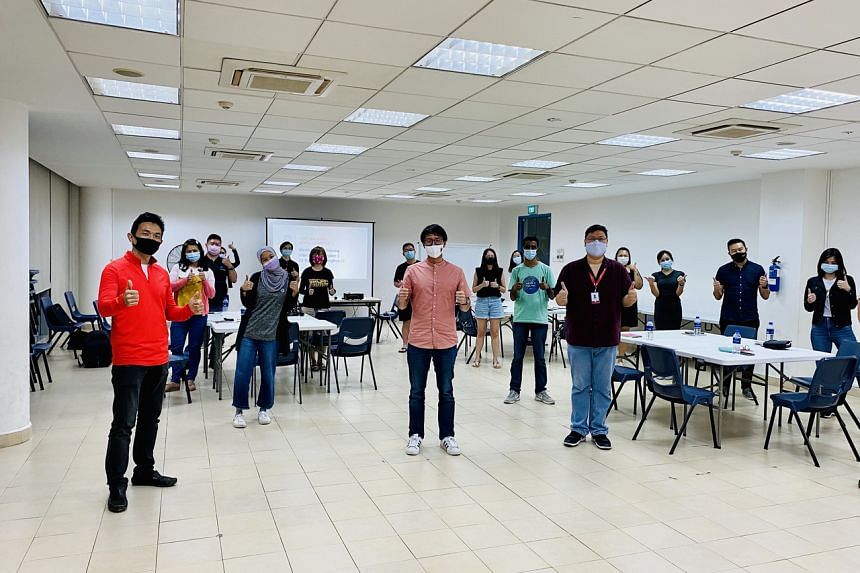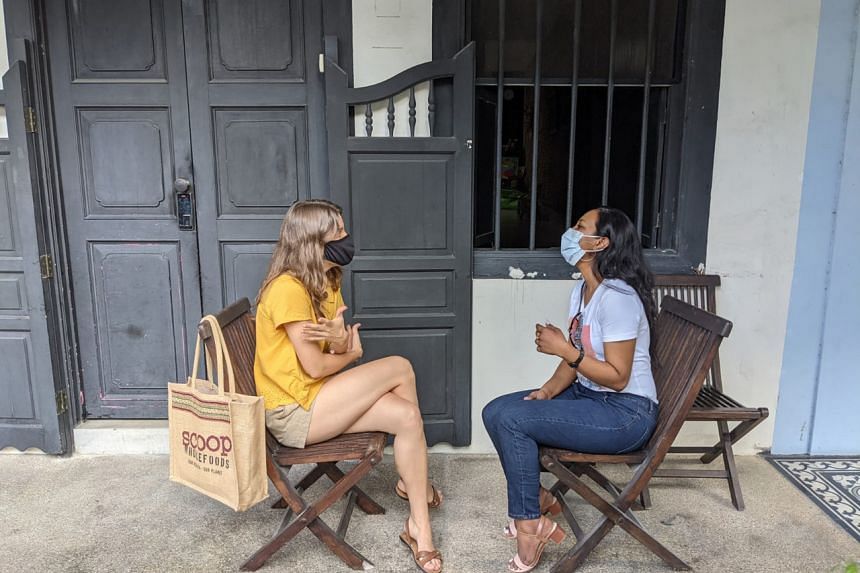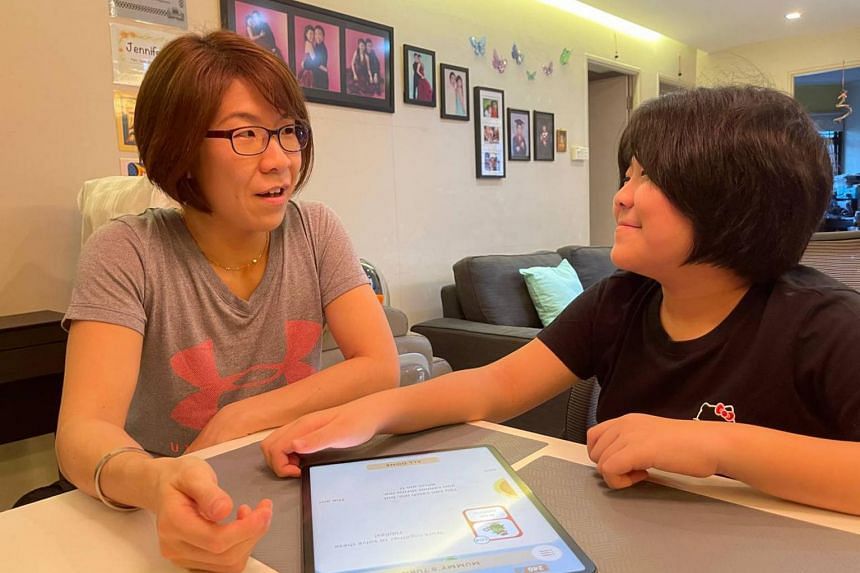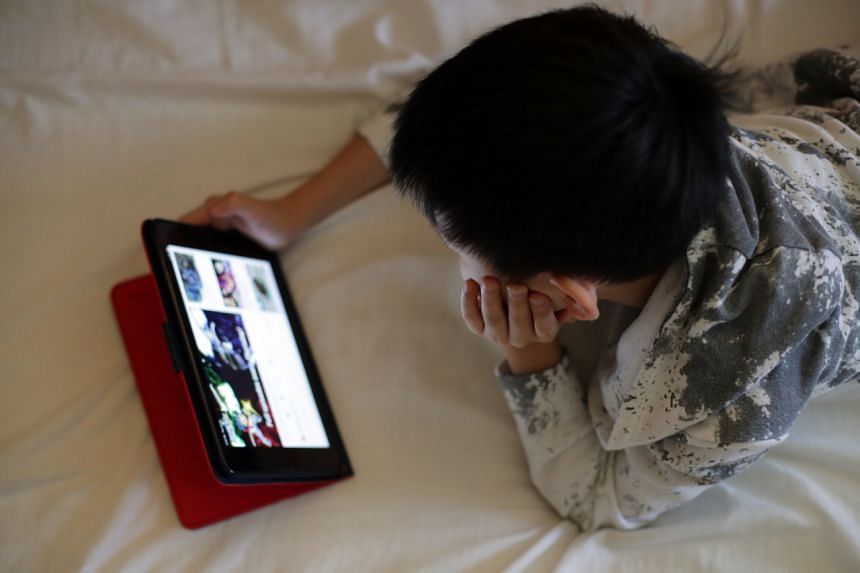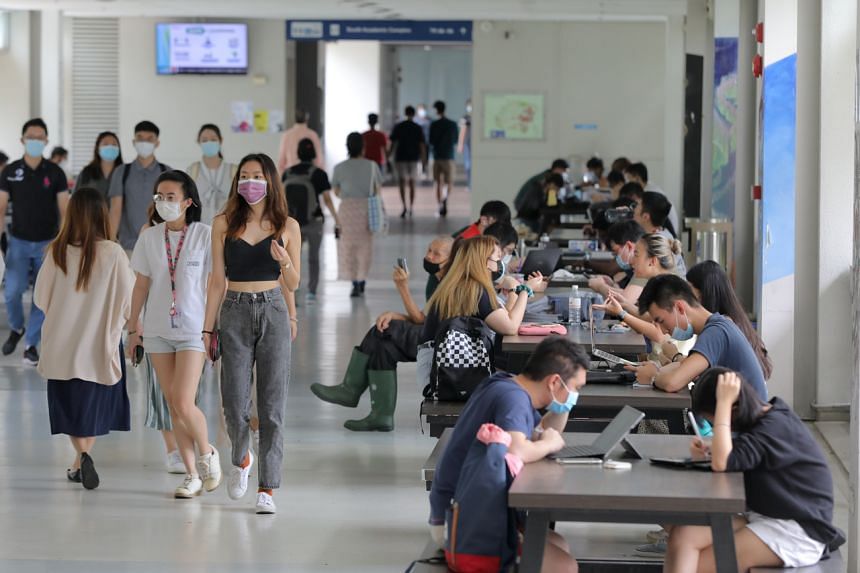Taking mental health into their own hands
The Youth Mental Well-Being Network, set up in February last year, brings together people from all walks of life to develop ground-up solutions to improve youth mental well-being. About 1,500 individuals, comprising young people, parents, caregivers and mental health and social sector professionals, have joined the network and developed 22 ground-up projects.
Roping in parents, schools to boost support ecosystem for youth mental well-being
When Mr Jagathishwaran Rajo was in university, his mother was diagnosed with diabetes, which turned severe and required the amputation of both her legs.
She became depressed, and Mr Jaga, as a household member caring for her, began to feel the stress as well.
His extended family came to the rescue by providing strong support, and his fellow community leaders also cheered him on.
This experience led Mr Jaga, now 34, to realise the importance of the different layers of support one needs when going through difficult times – support from family and the community, on top of individual resilience.
READ MORE HERE
Setting up safe, non-judgmental ‘listening corners’ across S’pore
Ms Elle Cheng’s dream is to one day have “listening corners” all over the island, where people can listen to one another in a safe, non-judgmental space.
Ms Cheng, 35, a diversity and inclusion leader at a Fortune 500 manufacturing company, is taking small steps to get there.
The founder behind the project We Are Hear (WAH), she started the initiative in March last year, when things were uncertain as the Covid-19 pandemic loomed.
The project is one of 22 under the Youth Mental Well-Being Network.
READ MORE HERE
Helping parents in discussion of tough topics with kids
Help at hand to guide parents in those difficult, sensitive conversations – like poor grades – that will inevitably come up with their children aged seven to 12.
Bramble, a mobile app started by four Singaporeans, plays both therapist and mediator to keep discussions loving and productive, with the help of machine learning.
Parents and children pass the phone back and forth as they take turns to talk, as the app suggests statements and prompts responses as they talk about things like stress, expectations and managing emotions.
A session on the app takes about 20 minutes. During the conversation, the app guides parents and children in clarifying their thinking and empathising with each other, and then in coming up with a simple plan – like committing to one small thing to make homework easier in the future.
READ MORE HERE
Limiting time on digital devices, boosting family ties important to support children during pandemic: Chan Chun Sing
Building a strong family network where problems can be openly shared with parents is one way to help children navigate the changes brought on by the Covid-19 pandemic, said Education Minister Chan Chun Sing.
Speaking at a virtual panel discussion about children’s mental well-being, he added that the culture of constant comparison between peers online and lack of extended family support could adversely affect them.
Hence, there is a need to encourage children to practise cyber wellness by limiting their access to digital devices.
“I think we need to have a conversation with our children, to allow them a ‘disciplined access’ to such devices so that they do not keep fearing that they are missing out on something if their friends are chatting on various apps, exchanging information or exchanging photos,” said Mr Chan.
READ MORE HERE
Going digital to help Singapore youth dealing with mental health issues
Agencies here have been turning to online channels to engage youth with mental health concerns, as they have indicated a preference for anonymity or are worried about the stigma attached to seeking help.
As at June this year, more than 12,000 youth have been engaged since the first youth community outreach team was rolled out in April last year, through various means, including online platforms Instagram and TikTok, said Agency for Integrated Care (AIC) chief executive Tan Kwang Cheak.
There are now four teams, run by Fei Yue Community Services, Care Corner, Limitless and Shine Children and Youth Services.
Mr Tan said the Health Ministry and AIC work with community partners to set up the teams, which are meant to be a basic community safety network for youth with or at-risk of developing mental health issues, and their caregivers who need additional support to care for their loved ones.
READ MORE HERE
Join ST’s Telegram channel here and get the latest breaking news delivered to you.
Source: Read Full Article
